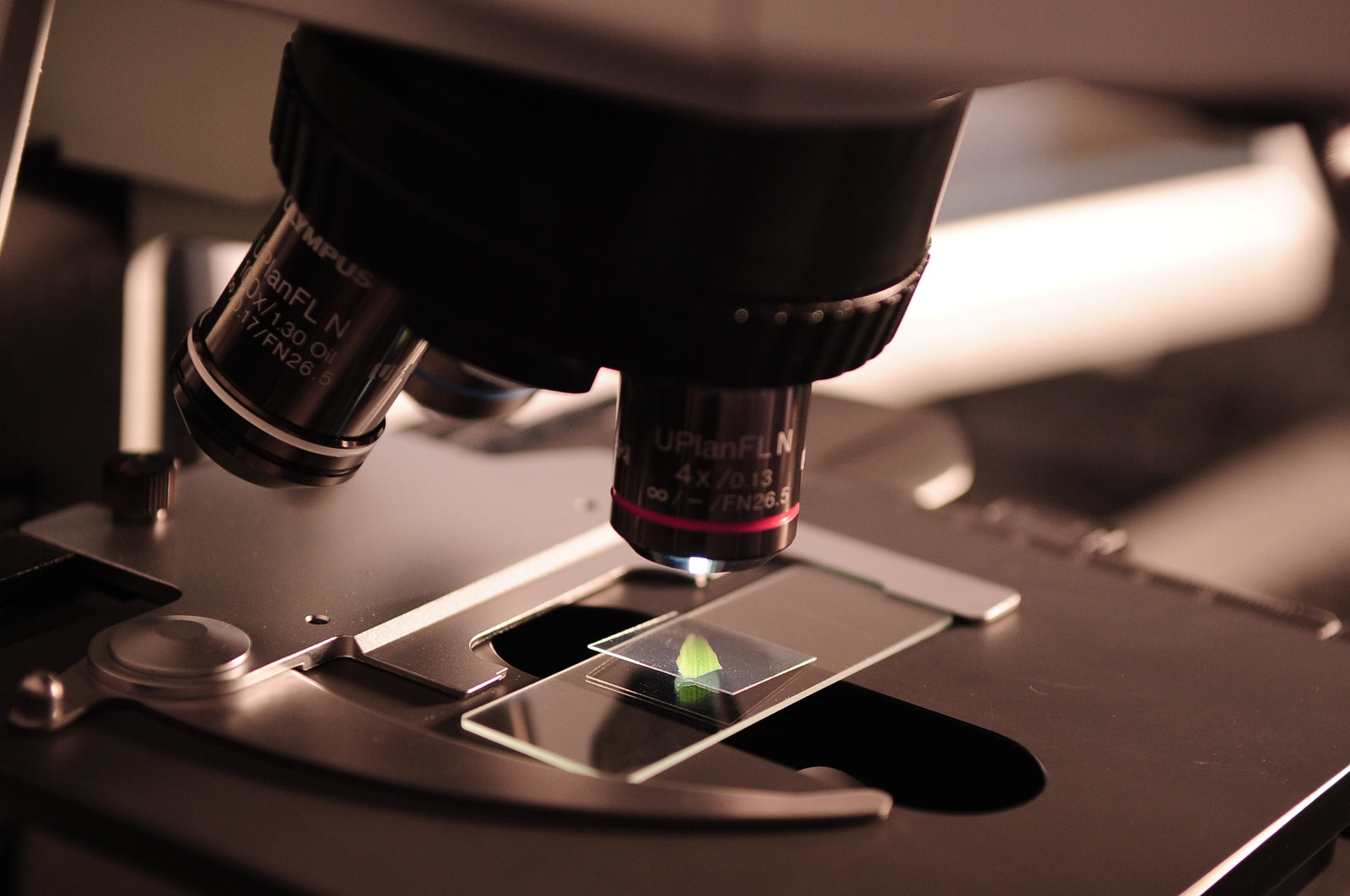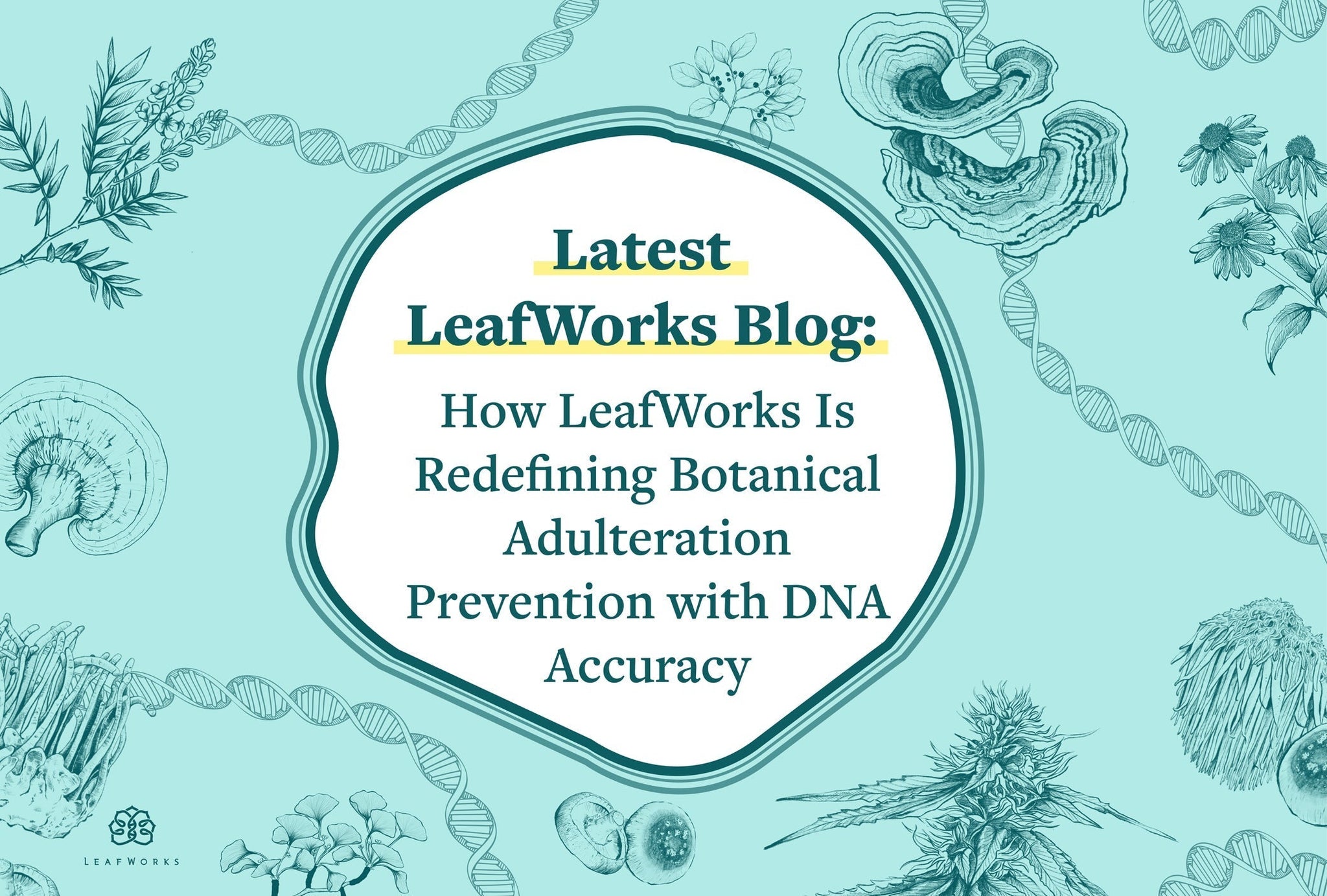
In the cannabis industry, you need to know what’s in your growing space – including plant pathogens. Compromised plants cause numerous problems, including reduced yield and sub-par quality product. To make matters worse, one infected plant can destroy your entire crop if you aren’t cautious as some pathogens are asymptomatic, latent, and/or spread like wildfire.
By testing for plant pathogens as often as prudent, you can keep your grow environment safe for better care and development of your plants. Here is what you need to know about keeping your operation in good shape and how to avoid the consequences of sick cannabis plants.
Cultivation Conditions Change Pathogen Risk
Cannabis plants can be grown indoors or outdoors, creating distinct growing conditions that affect pathogen infection risk. Indoor cultivation allows for more control over the crop’s environment, making it easier to ensure that plants are growing to your preferred growing conditions. However, enclosed proximity to diseased plants can lead to disease spreading plant to plant more quickly, making an active pathogen monitoring program critical.
Meanwhile, outdoor cannabis farming can lead to significantly more cannabinoid and terpene production than indoor, but outdoor cannabis cultivation requires growers to deal with highly variable biotic and abiotic factors such as climate, pests, soil conditions, humidity, extreme heat and climate change. If you're growing the plant outdoors, it can be challenging to ensure that your soil is completely disease free.
Many pathogens can affect cannabis production. Here are a couple common pathogens that can affect any cannabis farming operation.
Botrytis
This fungal disease, Botrytis also known as Bud Rot or Gray Mold, is caused by a common cannabis fungus that can kill a plant quickly. The risk of gray mold appearing in colas increases throughout the growing season as buds get denser. It is spread through airborne spores, making preventative measures crucial since botrytis can kill plants within one week if left untreated.
Fusarium
Fusarium is a genus of fungal spores that can be spread via air, water or movement and survive on and in cannabis seeds, roots, stems, leaves and flowers of infected dead or dying plant material. Several species of this genus produce mycotoxins that can be damaging for animal and human health, limiting crop sellability for operators battling its infection. Symptoms of fusarium are often attributable to plant wilt and damping-off. The main species involved in cannabis rotting include F.oxysporum and F.solani.
Due to these pathogens and others like Hop Latent Viroid, it is important to take the necessary actions to prevent them. Cannabis farmers will benefit from regular testing of pathogens in several ways.
Prevention of Diseases
Cannabis farming and production is a highly complex process. Therefore, when testing for cannabis pathogens, it is wise to test often to catch and remediate early to minimize crop loss. Many pathogens such asHop Latent Viroid (HLVd) can be present for some time before they are detected. Recommended testing regimes vary based on your strain, cultivation condition, size of grow and particular needs. A good rule of thumb is to test mothers ahead of cloning and then test plants at the onset of each growth phase (vegetative and reproductive) and after any major stress events. Such events include heat shock, transplant shock, humidity spikes, over/under watering, evidence of being root bound or any major biotic or abiotic stressors.
Testing regularly can help prevent disease transmission by detecting early infection in sick cannabis plants. Additionally, it can lead to more stable pathogen monitoring standard operating procedures in your operations. If you notice your plants get sick more often than usual, it's time to start looking into new testing protocols.
There Is No Substitute for Pathogen Testing in Cannabis Plants
To ensure your farm is thriving and healthy, regular pathogen testing is strongly recommended, particularly for diseases with devastating impacts or latency that can spring on you without warning. The experts at LeafWorks will be able to determine if you currently have any diseased cannabis plants so you can take necessary actions to remediate and prevent the further spread of these infections.
Cannabis requires a great deal of care, and it's susceptible to a wide range of diseases and pests. To ensure that your cannabis plants are healthy and thriving, you should test them regularly.
Want to learn more about plant pathogen testing and how you can get on a testing schedule?Contact usor read about ourLeafWorks Cannabis Pathogen Testing Kit on our websiteleafworks.com for more information.

